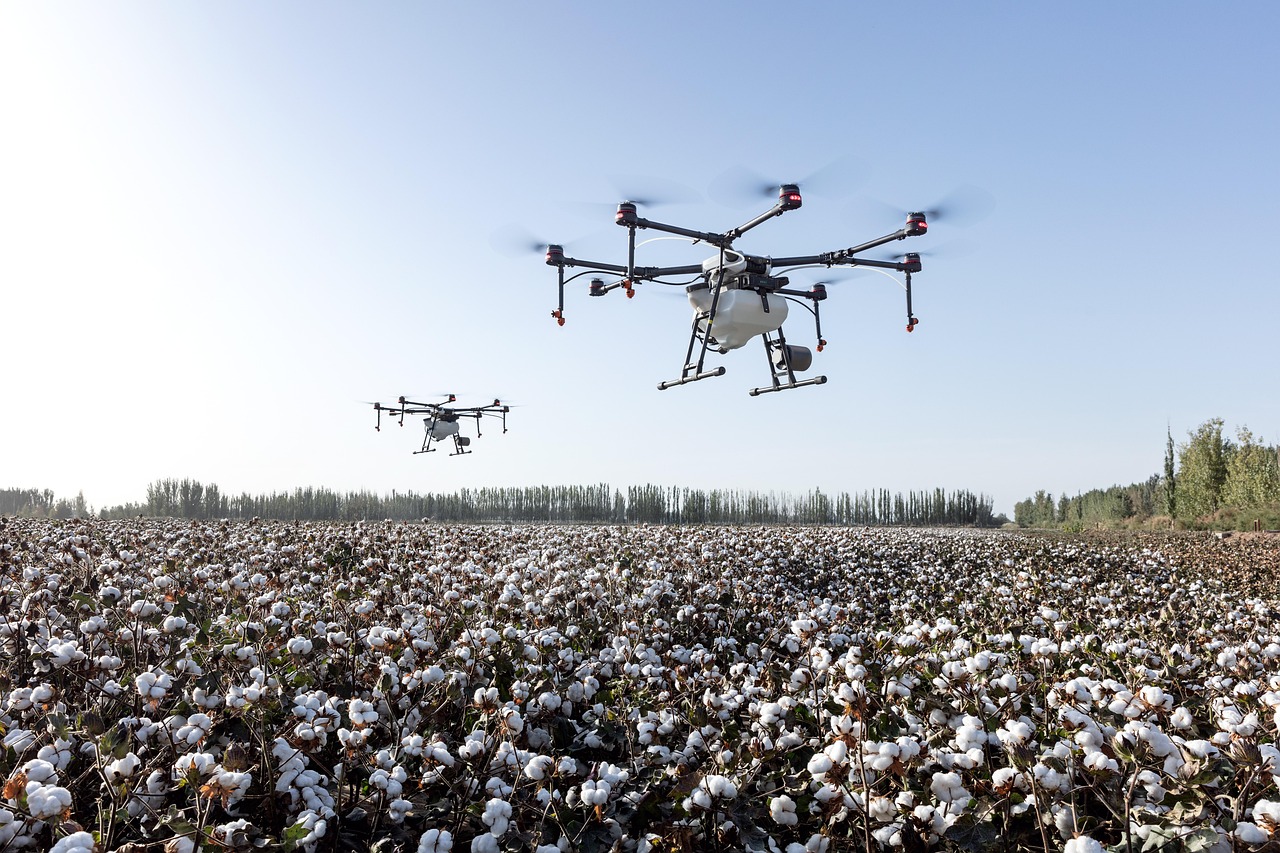China’s rapid advancements in AI warfare have captured global attention, with reports of a massive investment of $15 billion in military AI development and the production of one million kamikaze drones. The nation’s shift towards “intelligentized warfare” is evident in the deployment of drone swarms and autonomous systems like the Unitree G1 and Fangwang-1 integrated combat system, showcasing a formidable leap in military technology and strategy.

The official narrative portrays China’s military AI developments as part of a modernization effort, aiming to enhance operational capabilities and decision-making processes. The PLA’s focus on AI-enabled tools for intelligence, surveillance, and reconnaissance (ISR) is seen as a step towards establishing itself as a global AI leader by 2030, ultimately shaping the future of military conflicts.
However, beneath the surface lies a strategic agenda that extends beyond mere modernization. China’s integration of AI into military operations is not just about enhancing efficiency but about establishing dominance in unmanned warfare. By adopting cutting-edge technologies inspired by global trends and conflicts, China is positioning itself as a leader in autonomous combat capabilities, influencing not just military doctrines but reshaping the very nature of future conflicts.
China’s deployment of AI-powered drone systems like the Feihong FH-97A and the Jiutian SS-UAV marks a deliberate push towards creating versatile, cost-effective unmanned systems that excel in various missions. The implications of this strategy extend beyond military applications, impacting global power dynamics and intensifying the race for technological superiority. The use of AI-driven military systems raises ethical concerns and underscores the urgent need for international dialogue on the regulation of autonomous weapons.
The intent behind China’s aggressive pursuit of AI warfare capabilities is clear: to establish itself as a dominant force in modern warfare and global power projection. The means through which this agenda is executed involve a comprehensive integration of AI across military domains, from drones to decision-support tools, aimed at revolutionizing the nature of warfare itself.
The opportunity for China to reshape the future of warfare lies in its strategic vision and substantial investments in AI technology. By leveraging AI-driven systems in combat scenarios and demonstrating autonomous warfare capabilities, China is not just preparing for future conflicts but actively shaping the battlefield of tomorrow. The ramifications of this technological arms race are far-reaching and demand a critical examination of the ethical and security implications of AI in military applications.
As history unfolds, the trajectory of AI warfare development in China will not just define the nation’s military prowess but will have reverberating effects on global security, technological innovation, and the ethical boundaries of autonomous warfare. The race for dominance in AI-driven military systems is not just a battle for supremacy on the battlefield but a defining moment in human history, where the fusion of technology and warfare poses profound challenges and opportunities for the future of humanity.

